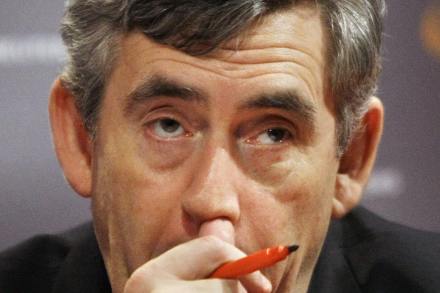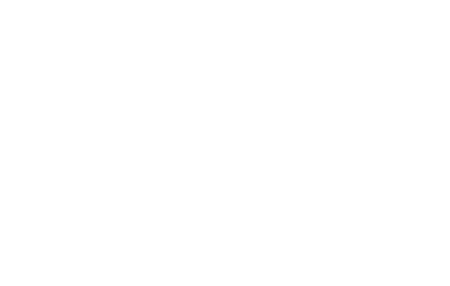Tory leadership odds
Courtesy of Ladbrokes, the odds for the next permanent leader of the Tory Party: William Hague — 2/1 Boris Johnson — 5/1 George Osborne — 5/1 Liam Fox — 16/1 Chris Grayling — 20/1 David Davis — 25/1 Michael Gove — 25/1 Dominic Grieve — 33/1 Justine Greening — 50/1 Zac Goldsmith — 50/1 John Redwood — 100/1 George Osborne was at 4/1 before today’s Deripaska allegations.
















